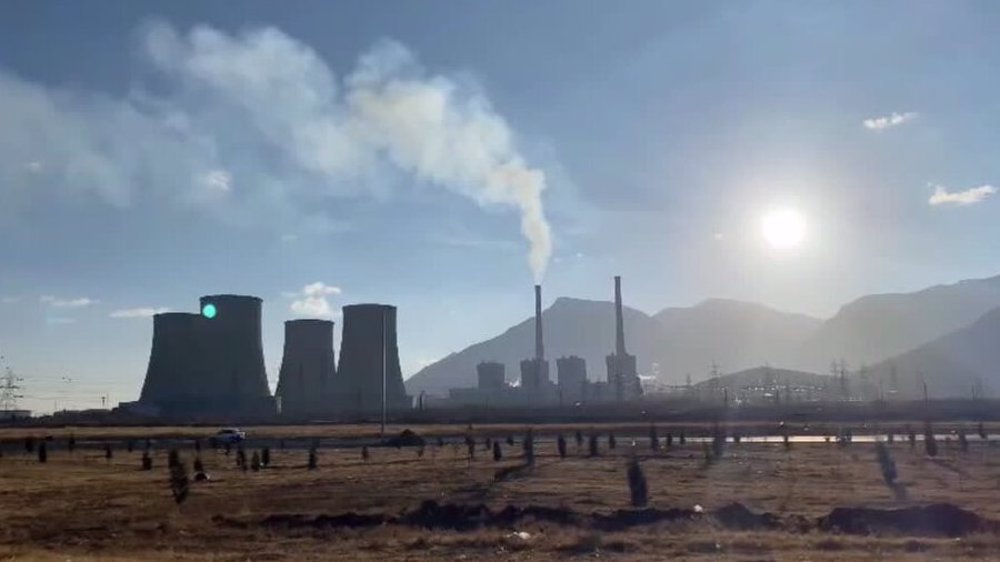Saudi, Russia leave world guessing after OPEC meeting
OPEC has tentatively agreed an oil output reduction but is reportedly waiting for Russia to declare its commitment before deciding the exact volumes for a cut aimed at propping up crude prices.
The agreement was reached during the Thursday talks between OPEC members in the Austrian capital of Vienna.
Russian Energy Minister Alexander Novak flew home from Vienna earlier for talks with President Vladimir Putin in St Petersburg. He is going to return to Vienna on Friday for discussions among OPEC and non-OPEC allies.
"We hope to conclude something by the end of the day tomorrow ... We have to get the non-OPEC countries on board," Saudi Energy Minister Khalid al-Falih told reporters before the OPEC meeting started.
"If everybody is not willing to join and contribute equally, we will wait until they are," he said.
Asked whether OPEC could fail to reach a deal, Falih said all options were on the table.
His comments came after Iran’s Oil Minister Bijan Zangeneh said Tehran will not involve itself in any deal over OPEC production levels as long as it remains under the illegal US sanctions.
Saudi Arabia has indicated a need for steep reductions in output from January, but it has come under pressure from US President Donald Trump, who has urged Riyadh to refrain from output cuts in order to keep oil prices low.
The price of crude has fallen almost a third since October but Trump has demanded OPEC make oil even cheaper by refraining from output cuts.
"Hopefully OPEC will be keeping oil flows as is, not restricted. The world does not want to see, or need, higher oil prices!" Trump wrote in a tweet on Wednesday.
Hopefully OPEC will be keeping oil flows as is, not restricted. The World does not want to see, or need, higher oil prices!
— Donald J. Trump (@realDonaldTrump) December 5, 2018
The Trump administration has sent the country’s special envoy for Iran Brian Hook to Vienna, where he held talks with the Saudi energy minister one day before OPEC’s 175th meeting.
The talks were harshly criticized by Iran, which called it “meddlesome” and “unprofessional”.
“If Mr. Hook has come to Vienna to apply for US membership in OPEC, and this is the reason why he meets OPEC members, the request can be reviewed,” Zangeneh told Shana news outlet.
Otherwise, he added, the US official has adopted an unprofessional, naïve, and meddlesome approach.
“OPEC is an independent organization, not a part of the US Department of Energy to take orders from Washington,” said Zangeneh on Wednesday.
Possible output cuts by OPEC and its allies ranged from 0.5-1.5 million bpd, and 1 million bpd was acceptable, the Saudi energy minister said Thursday.
Iran has said it is carefully monitoring the next steps by some OPEC members and their allies which have “arbitrarily” ramped up oil production, leading to a crash in prices.
Iran's OPEC governor Hossein Kazempour Ardabili said on Tuesday that any meaningful cuts in production must be made by the countries which have pumped above their quotas in breach of a 2007 deal between OPEC and non-OPEC oil producers.
According to Ardabili, "the five or six countries which have benefited from the situation should slash their output by 1.4 million to 1.8 million barrels per day at the minimum in order to return prices to an upward trajectory. But to reach such a consensus is highly unlikely.”
Brent oil futures fell as much as 5 percent to below $59 per barrel on fears that there could be no deal but later recovered somewhat, trading down 2 percent by 1325 GMT.
Iraq exhuming remains of 100 Kurdish women, children killed by Saddam
Panama rejects talks with US over canal control
HTS rulers name al-Qaeda operative as Syria's new spy chief
Iran voices concern about rising insecurity, violence in Syria
VIDEO | Karachi sit-in amplifies nationwide call for justice for Parachinar victims
Iran strongly condemns Israeli bombing of Yemen's civilian infrastructure
VIDEO | Press TV's news headlines
VIDEO | Israel and Iran’s Nuclear Facilities?












 This makes it easy to access the Press TV website
This makes it easy to access the Press TV website